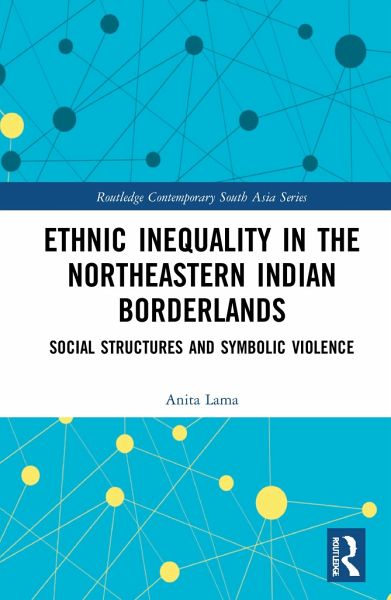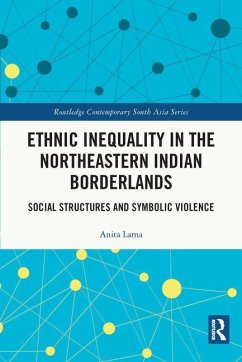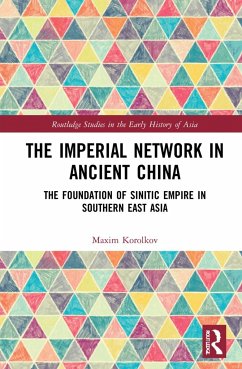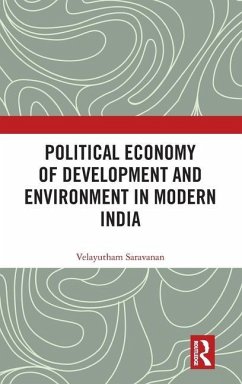
Ethnic Inequality in the Northeastern Indian Borderlands
Social Structures and Symbolic Violence
Versandkostenfrei!
Versandfertig in 1-2 Wochen
168,99 €
inkl. MwSt.
Weitere Ausgaben:

PAYBACK Punkte
84 °P sammeln!
Ethnic Inequality in the Northeastern Indian Borderlands analyses the relationship between symbolic violence, inequality and ethnicity, and addresses the question of unequal integration of small ethnic groups into state structures by using the Limbus of the Northeastern Indian borderlands as a case study. Drawing on Pierre Bourdieu's concept of symbolic violence, the author argues that the ethnicization of the Limbus has been associated with the devaluation of their cultural identity, which was itself first constructed and naturalized by the same process of ethnicization. The book is a pioneer...
Ethnic Inequality in the Northeastern Indian Borderlands analyses the relationship between symbolic violence, inequality and ethnicity, and addresses the question of unequal integration of small ethnic groups into state structures by using the Limbus of the Northeastern Indian borderlands as a case study. Drawing on Pierre Bourdieu's concept of symbolic violence, the author argues that the ethnicization of the Limbus has been associated with the devaluation of their cultural identity, which was itself first constructed and naturalized by the same process of ethnicization. The book is a pioneering work in terms of the application of Bourdieu's sociology to Northeast India and the theoretical interpretation of ethnic inequality in Northeast India. In addition, the book contributes to the overall understanding of the constant structural identity of symbolic violence and its varying manifestations. Exploring the symbolic dimensions of power relations within state structures, this book will be of interest to a wide readership from various disciplines including area studies, global studies, comparative studies, borderland studies, inequality studies, sociology, anthropology and political science.














